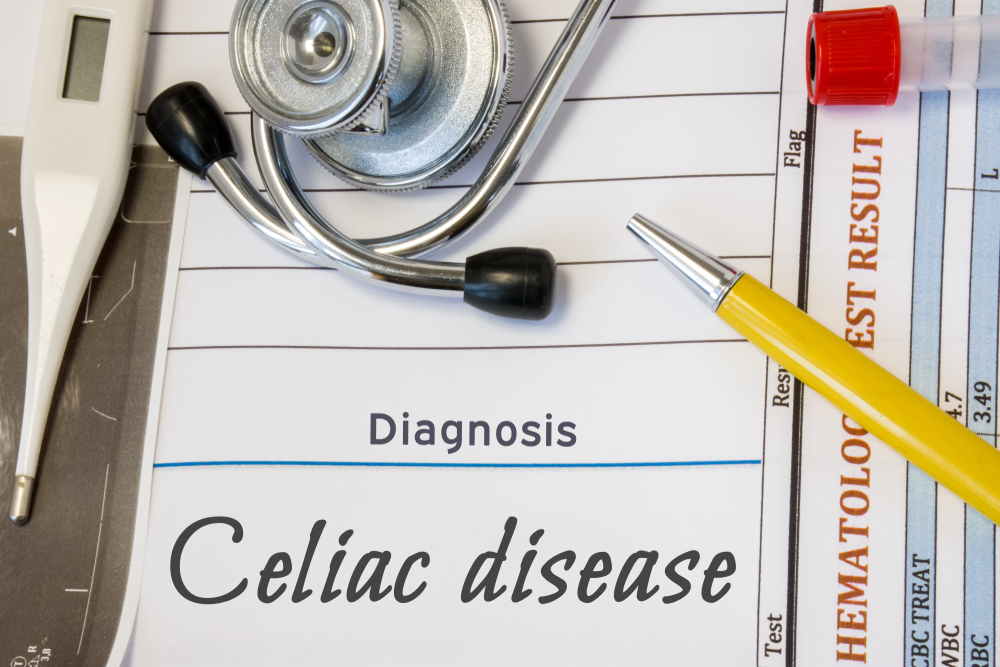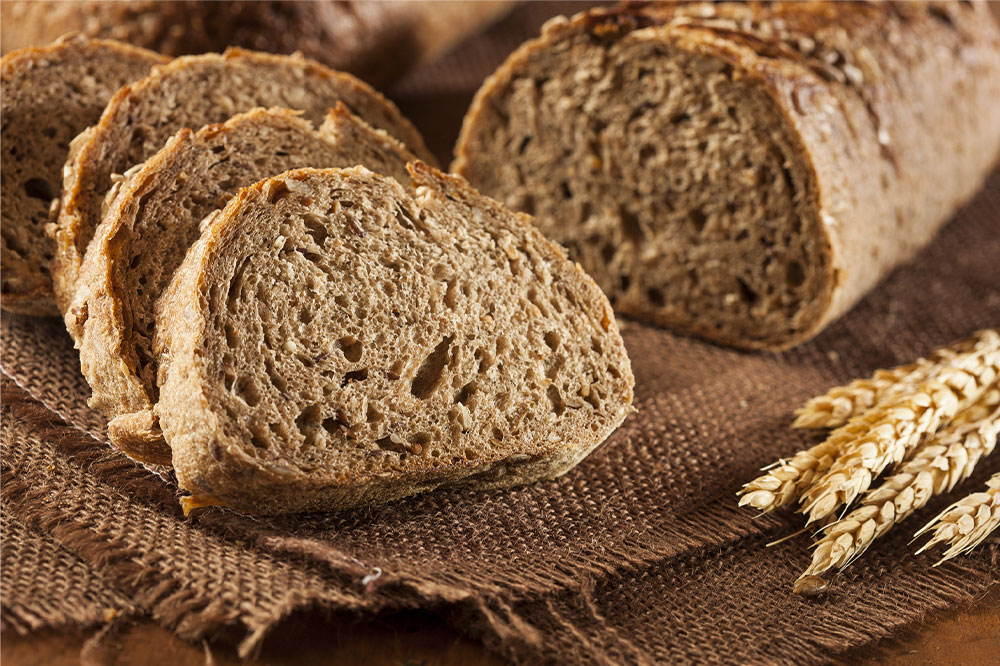Effective Strategies for Managing Celiac Disease and Maintaining a Healthy Lifestyle
Managing celiac disease effectively involves strategic dietary planning, education, and support. This comprehensive guide offers practical tips to help individuals stay healthy, avoid gluten, and lead active, fulfilling lives. From consulting professionals to exploring creative recipes, discover essential strategies for thriving despite dietary restrictions.

Effective Strategies for Managing Celiac Disease and Maintaining a Healthy Lifestyle
Maintaining optimal health significantly depends on our dietary choices, which directly influence our overall well-being. While a balanced diet combined with regular physical activity is fundamental for a healthy lifestyle, individuals diagnosed with specific food-related conditions such as celiac disease face unique challenges that require careful management of their food intake. This autoimmune disorder, triggered by gluten consumption, demands diligent attention to dietary habits to prevent adverse health effects and promote longevity.
Celiac disease is a serious autoimmune condition where the ingestion of gluten—present in grains like wheat, barley, and rye—causes the immune system to attack the villi lining the small intestine. These tiny finger-like projections are crucial for nutrient absorption. When damaged, the body's ability to absorb essential nutrients diminishes, leading to a host of health complications including malnutrition, osteoporosis, reproductive issues such as infertility, and complications during pregnancy. Managing celiac disease effectively involves strict dietary control and awareness to ensure patients live healthy, fulfilling lives despite their dietary restrictions.
For individuals living with celiac disease, adopting comprehensive management strategies is essential. Here are some of the most effective tips to help you navigate this condition successfully:
Consult a Nutrition Expert: One of the first steps is to seek guidance from a registered nutritionist or dietitian who specializes in gluten-free diets. They can help craft a personalized eating plan that meets all your nutritional requirements without risking gluten exposure. An expert can also educate you on reading food labels, avoiding cross-contamination, and selecting nutrient-dense foods to compensate for any dietary restrictions.
Educate Yourself Thoroughly: Knowledge is power, especially when managing a chronic condition. Utilize reputable sources such as medical institutions, official health websites, and support groups to understand the intricacies of celiac disease. Learning about hidden sources of gluten, cross-contact, and safe food options enables you to make informed decisions and avoid accidental gluten ingestion, which can cause flare-ups or long-term health issues.
Join Support Networks: Connecting with others who have celiac disease can be incredibly beneficial. Support groups—either online or in-person—offer a platform to share experiences, tips, recipes, and emotional support. These communities help reduce feelings of isolation and provide practical advice on managing eating out, traveling, or social occasions while adhering to a gluten-free lifestyle.
Prioritize Physical and Mental Wellness: Regular exercise is vital for maintaining overall health, improving immune function, and reducing stress. Physical activity can help mitigate some symptoms associated with celiac disease, such as fatigue and bone density loss. Additionally, mindfulness practices, yoga, or meditation can be helpful in managing the psychological stress that sometimes accompanies chronic health conditions.
Get Creative in the Kitchen: Exploring new gluten-free recipes and cooking techniques is not only essential for variety but also makes dietary restrictions more enjoyable. There is a vast array of online resources, cookbooks, and specialized food brands dedicated to gluten-free products. Experimenting with alternative grains like quinoa, rice, buckwheat, and amaranth, along with fresh fruits, vegetables, and lean proteins, can help keep your meals delicious and nutritious while avoiding gluten.
Living with celiac disease requires patience, ongoing education, and support from healthcare professionals, family, and peers. With a proactive approach, you can prevent complications, maintain a vibrant lifestyle, and enjoy a diverse and balanced diet. Remember, empowerment through knowledge and community support plays a crucial role in managing this condition effectively and confidently.





